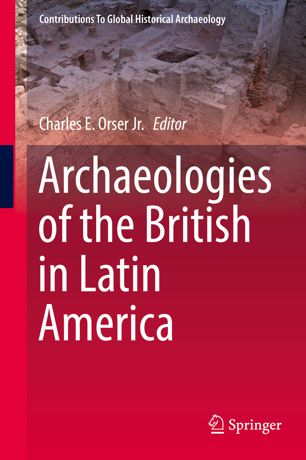

Most ebook files are in PDF format, so you can easily read them using various software such as Foxit Reader or directly on the Google Chrome browser.
Some ebook files are released by publishers in other formats such as .awz, .mobi, .epub, .fb2, etc. You may need to install specific software to read these formats on mobile/PC, such as Calibre.
Please read the tutorial at this link: https://ebookbell.com/faq
We offer FREE conversion to the popular formats you request; however, this may take some time. Therefore, right after payment, please email us, and we will try to provide the service as quickly as possible.
For some exceptional file formats or broken links (if any), please refrain from opening any disputes. Instead, email us first, and we will try to assist within a maximum of 6 hours.
EbookBell Team

0.0
0 reviewsThis volume includes chapters by historical archaeologists engaged in original research examining the role of the British Empire in Latin America. The archaeology of Latin America is today a rapidly expanding field, with new research being accomplished every day. Currently, the vast amount of research is being focused on the Spanish Empire and its agents’ interactions with the region’s indigenous peoples. Spain, however, was not the only international power intent on colonizing and controlling Latin America. The British Empire had a smaller albeit significant role in the cultural history of Latin America. This history constitutes an important piece of the historical story of Latin America.
Archaeologies of the British in Latin America presents the results of original research and begins a dialogue about the archaeology of the British Empire in Latin America by an international group of archaeological scholars. Fresh insights on the complex history of cultural interaction in one of the world’s most important regions are included. It will be of interest to historical archaeologists, Mesoamerican archaeologists engaged in pre-contact research, Latin American and global historians, Latin American anthropologists, material culture specialists, cultural geographers, and others interested in the cultural history of colonialism in general and in Latin America in particular.